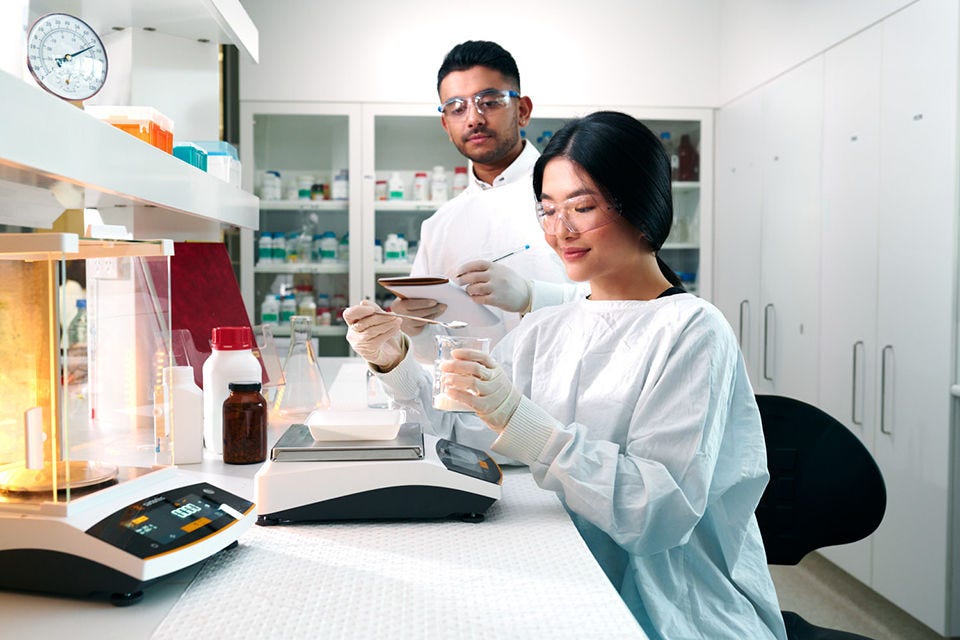Masterclass: The growing health risks of climate change
Professor Ollie Jay highlights the growing impact of climate change on human health – our next global “emergency” and explores the solutions for climactic extremes, specifically extreme heat.
Climate change is causing more frequent and intense natural disasters. We are experiencing prolonged droughts, cyclones, floods, bushfires and extreme heat events which have significantly increased deaths, injuries, infectious diseases and mental illness in Australia and in South Asia.
The most vulnerable in our populations – the elderly, poor, and people with co-morbidities such as cardiovascular disease – are most likely to suffer from extreme heat. Given the undeniable increase in frequency, intensity, and duration of heatwaves in Australia and south Asian countries, identifying simple, cost-effective and sustainable ways of cooling has never been more important.
Global warming is responsible for a growing human health emergency, join me as I shine a light on the impact of extreme heat.
Video: 22 minutes 38 seconds
About the academic presenter
Professor Ollie Jay, Director, Thermal Ergonomics Laboratory, The University of Sydney
Professor Ollie Jay is the Professor of Heat and Health at the University of Sydney, and Director of the Thermal Ergonomics Laboratory, in the Sydney School of Health Sciences in the Faculty of Medicine and Health.
He is also lead researcher of the Charles Perkins Centre (CPC) Research Node on Climate Adaptation and Health, and a member of the Sydney Environment Institute.
Originally from the UK, Ollie joined the University of Sydney in 2014. He obtained his PhD in Thermal Physiology from Loughborough University in 2002, followed by 4½ years of international postdoctoral research experience at Simon Fraser University (2003-05) and the University of Ottawa (2005-08).
Prior to moving to Australia, he was a tenured Associate Professor at the University of Ottawa in Canada (2008-2013). His research activities primarily focus on developing a better understanding of the physiological and physical factors that determine human heat strain and the associated risk of heat-related health problems during work and/or physical activity, as well as among the general population during heat waves.



